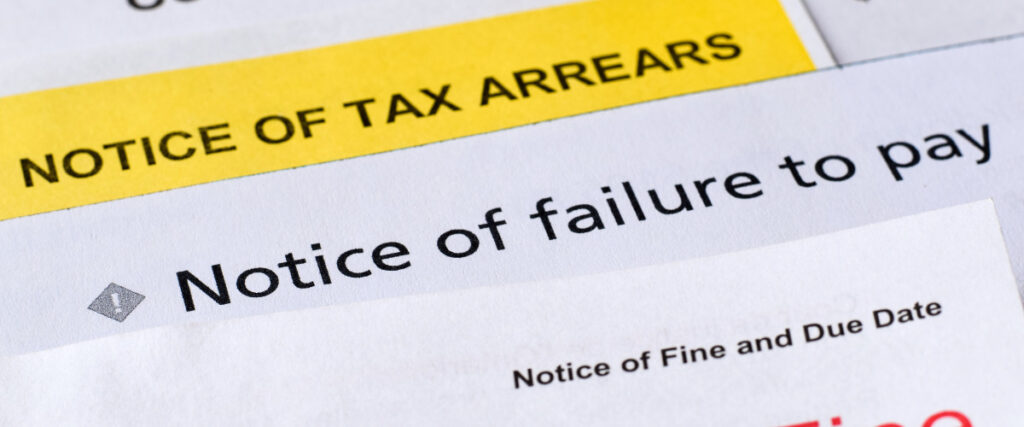Sarah is a dedicated entrepreneur who poured her heart and soul into her business. However, mounting debt left her struggling to keep her business afloat. Just when she thought things couldn’t get worse, she received a legal notice – a garnishee order.
But what is a garnishee order, and how does it affect debtors like her?
What Is a Garnishee Order?
A garnishee order, often referred to as a wage garnishment or garnishment order, is a legal tool used by creditors to collect unpaid debts from debtors.
It grants them the power to access a portion of the debtor’s income or bank accounts to satisfy the debt. For business owners, this means that both their personal and business accounts are vulnerable to this financial intervention.
Types of Garnishee Orders
There are two main types of garnishee notice or orders, including:
- Wage garnishee orders – These orders instruct a third party, typically an employer, to deduct money from an employee’s earnings to meet specific financial responsibilities or liabilities, such as child support, student loans, tax debts, and so on.
- Bank account garnishee orders – These orders require the debtor’s bank to freeze their account and pay any money in the account to the creditor.
How Does a Garnishee Order Work?
To obtain a garnishee order for debts, the creditor must first file a petition with the court. The petition must include the following information:
- The debtor’s name and address
- The amount of money that the debtor owes
- The garnishee’s name and address
- The type of garnishee order that the creditor is seeking
If the court grants the petition, the creditor will be issued a garnishee order. They must then serve the garnishee order on the garnishee.
As a garnishee, you must continue to comply with the order until the debt is paid in full or until the court orders the garnishee order to be lifted.
The Motivation Behind Garnishee Orders
Creditors typically use garnishee orders as a last resort when other methods of debt collection have failed.
They employ this legal mechanism to ensure that they receive the payments owed to them, and court authorization is required for such an order to be issued.
How Does a Garnishee Order Affect Debtors?
A garnishee notice actually has a detrimental impact on a debtor’s finances. It will affect their creditworthiness, reputation, and even impact their mental health.
Creditworthiness
A garnishee notice is a sign that the debtor has defaulted on their debt and has been unable to reach a resolution with the creditor. This will make lenders less likely to approve a loan application or offer a favorable interest rate.
Second, the notice likely reduces the debtor’s disposable income, making it more difficult to afford monthly loan payments.
Third, it can remain on the debtor’s credit report for seven years, even after the debt has been paid off, causing a negative impact on creditworthiness long after the financial hardship has passed.
Reputation
Garnishee orders are a public kiss of death for your business reputation. They’re a sign that you’re so broke, you’ve been sued and had your assets frozen. Who wants to do business with a company like that?
As a result, clients will run away screaming, partners will slam the door in your face, and investors will laugh at you. And once your reputation is in the toilet, it’s nearly impossible to flush it clean.
You’ll be trapped in a vicious cycle, where your financial problems spiral out of control and your reputation sinks lower and lower.
So if you’re facing a garnishee order, you have two choices. You can either give up and let your business go under, or fight and protect your reputation and save your company.
Emotional Toll
Garnishee order for debts are a financial nightmare, but the emotional toll is even worse.
The constant worry about garnishment can be crippling, causing you to lose focus on anything else, including your business and your personal life.
You will feel stressed, anxious, and overwhelmed. You will have even trouble sleeping and eating. Feeling embarrassed and ashamed are all that you feel thus, you will start to lose hope.
What Can Debtors Do?
If you’re facing a garnishee notice, don’t panic. There are things you can do to protect yourself and your business.
1. Contact the creditor immediately – Try to negotiate a payment plan that you can afford. If you’re successful, you can avoid the garnishee order altogether.
2. File a hardship declaration with the court – This is a formal request to have the garnishee order lifted or modified. If you’re able to show that the garnishee order is causing you financial hardship, the court may be willing to grant your request.
3. Seek legal advice – A lawyer can help you understand your legal rights and options. They can also represent you in court if you need to file a hardship declaration or appeal the garnishee order.
Seek Help Now.
Garnishee notice are a serious threat to your business and your livelihood. But with the right legal advice and strategies, you can minimize its impact and protect your business.
Don’t wait until it’s too late. Contact AVA Advisory today at 1300 181 220 or book a free consultation to learn more about your options.
We’ve helped countless business owners conquer financial difficulties. We can help you too.







